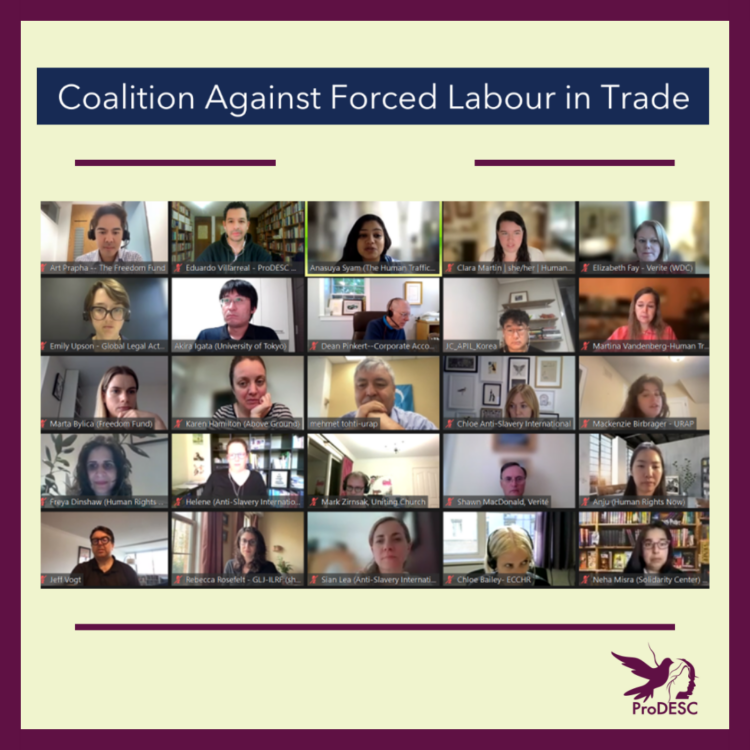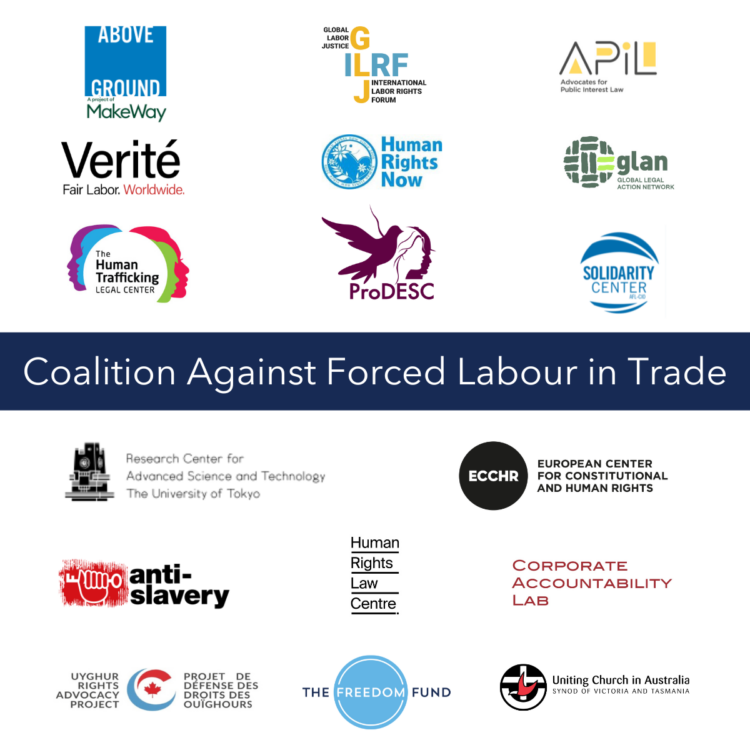28 Sep More must be done to tackle forced labour in global trade and supply chains, says new Coalition Against Forced Labour in Trade

London, UK & Washington, DC – The Freedom Fund and the Human Trafficking Legal Center are launching the Coalition Against Forced Labour in Trade – a global network of civil society organisations working to introduce and enforce import bans against goods made using forced labour.
The Coalition aims to ensure there is no safe harbour for goods tainted by forced labour in any country. All coalition members come from major importing economies in the G20. The members of the Coalition will coordinate to conduct international advocacy, cross-sectoral learning and strategic engagement with policymakers and corporate actors.
Approximately 28 million people were found to be living and working in forced labour conditions in 2021, according to the latest ILO estimates. Most cases of forced labour (86 percent) are found in the private sector producing the products that we consume daily. In the absence of effective voluntary actions and regulatory efforts, companies continue to shirk responsibility to eliminate forced labour in their supply chains.
Art Prapha, Senior Program Manager for Corporate Accountability at The Freedom Fund, said: “Despite some action by global leaders and multinational corporations to address the use of forced labour in supply chains, millions of people continue to be exploited in the production of goods around the world. Import bans are emerging as a strategic tool by which governments can ensure companies step up and take actions.”
“Goods produced with forced labour are denied entry at U.S. ports. But these goods should be denied entry at all ports. Currently, goods can be trans-shipped to markets with lower standards. No country should be a dumping ground for goods tainted with forced labour. This important coalition will ensure that there is no safe harbour for forced labour anywhere in the world”, said Anasuya Syam, Human Rights and Trade Policy Director at the Human Trafficking Legal Center.
Building on the success of the Freedom Fund’s Tariff Act Legal Fund and Tariff Act Advocacy Grants, and the Human Trafficking Legal Center’s role as the Secretariat of the US Tariff Act Advocates Group (TAAG), the Coalition will ensure greater coordination and alignment on key principles related to forced labour import bans. The Coalition will build upon existing efforts to address modern slavery abuses in global trade and supply chains, including international calls for mandatory human rights due diligence laws. The Coalition will focus on increasing transparency and accountability for forced labour.
The Coalition Against Forced Labour in Trade – an alliance of 16 civil society organisations in key importing jurisdictions around the world – will advocate for the introduction and effective enforcement of robust trade mechanisms to combat forced labour in global supply chains. The global network will strengthen civil society’s efforts to coordinate globally, share lessons learned, and collectively advocate for a harmonised approach. Companies should be held to a consistent standard on forced labour, regardless of where they operate or source their products.
The Coalition will harness the lessons gleaned from forced labour import ban enforcement in the United States and Canada. Coalition members will collaborate to fight for robust enforcement of existing import bans, as well as the adoption and implementation of import ban mechanisms in other jurisdictions, such as Australia, the European Union, Japan, Mexico, South Korea and the United Kingdom.
The Coalition’s members include:
- Australia: The Human Rights Law Centre (HRLC) and The Uniting Church in Australia
- Canada: Above Ground and the Uyghur Rights Advocacy Project (URAP)
- European Union: European Center for Constitutional and Human Rights (ECCHR)
- Japan: Research Center for Advanced Science and Technology, The University of Tokyo (RCAST) and Human Rights Now (HRN)
- México: Proyecto de Derechos Económicos, Sociales y Culturales (ProDESC)
- South Korea: Advocates for Public Interest Law (APIL)
- United Kingdom: Global Legal Action Network (GLAN) and Anti-Slavery International (ASI)
- United States: Solidarity Center, Verité, Corporate Accountability Lab (CAL), Global Labor Justice – International Labor Rights Forum (GLJ-ILRF), and the Human Trafficking Legal Center

